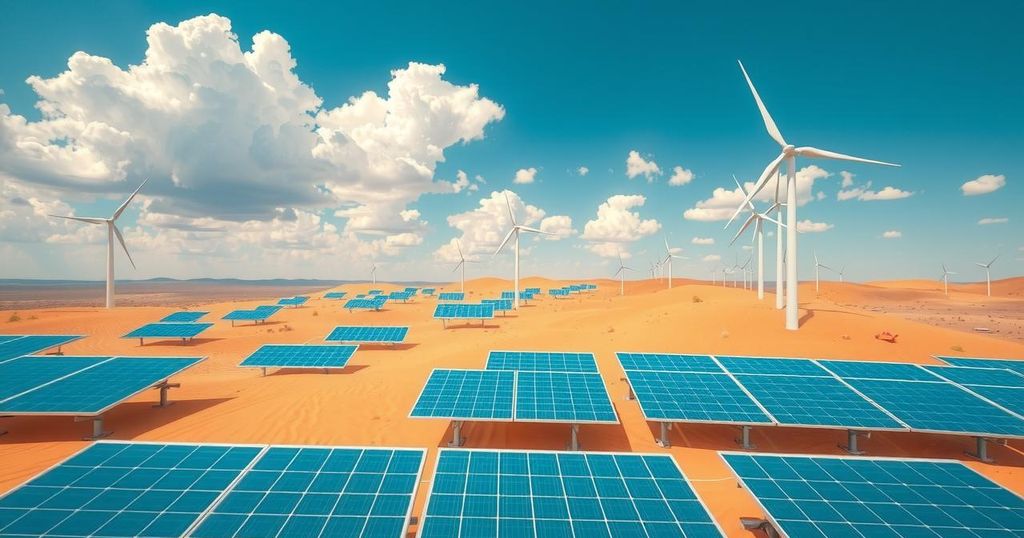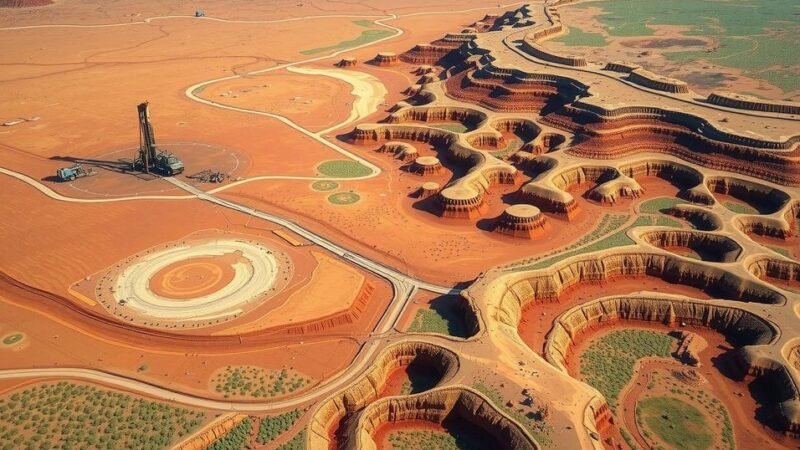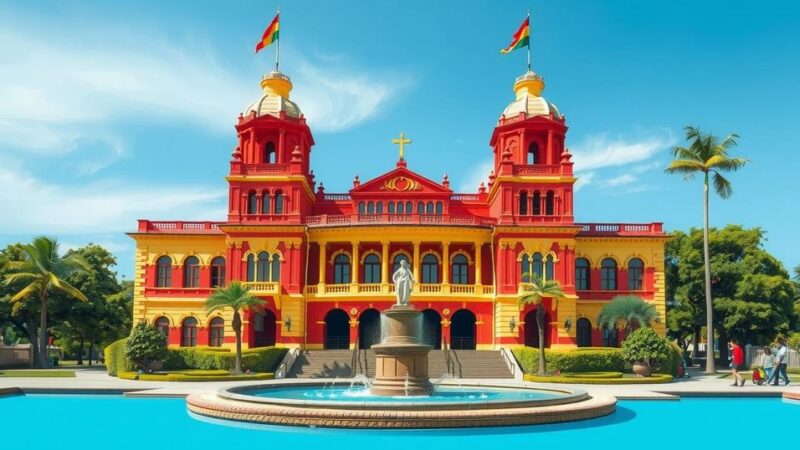The African Development Bank Group and Eritrea have initiated the Desert to Power Eritrea 12 MW Mini Grid Project to enhance energy access and sustainability in the region. Valued at $19.5 million, this initiative aims to provide 12 MW of electricity to over 235,000 residents, supporting various community sectors while promoting local capacity-building and aligning with national energy policies.
The African Development Bank Group, in partnership with the government of Eritrea, has taken a pivotal step to advance the nation’s energy infrastructure. On March 10, 2025, a groundbreaking agreement was signed to fund the Desert to Power Eritrea 12 MW Mini Grid Project, an initiative geared toward sustainable energy development in the region.
Valued at $19.5 million, the agreement utilizes funds from the Bank Group’s Transitional Support Facility (TSF). The project aims to establish mini-grids that will produce a total of 12 MW of electricity across three main regions: Teseney (6 MW), Kerekebet (3 MW), and Barentu (3 MW). This initiative is expected to enhance energy access for over 235,000 Eritrean citizens, including a focus on women and youth, who will comprise 20% of the beneficiaries.
The execution of the project will be managed by the Eritrean Ministry of Energy, the Eritrea Electricity Corporation (EEC), and local companies, with oversight from a technical consulting firm. The project is anticipated to provide support to residential households, small farms, agro-processing zones, and water supply systems, in addition to benefiting over 160 schools and 90 health centers in the Gash Barka region.
To promote sustainability and build local expertise, training and equipment will be provided to 25 local companies. This strategy is designed to stimulate local economic growth while ensuring the sustainability and maintenance of the new energy infrastructure.
The project is strategically aligned with the African Development Bank’s Interim Country Strategy Paper 2022-2024 for Eritrea, which promotes sustainable infrastructure development to bolster agricultural value chains and economic diversification. It also complements the 2018 Eritrea National Energy Policy, focused on boosting electrification rates and ensuring that renewable energy contributes 20% of electricity supply by 2030.
Eritrea has faced historical challenges in socioeconomic development due to conflicts and economic vulnerabilities; however, recent peace agreements and regional cooperation have created new opportunities for growth and stability. The Desert to Power initiative serves as a vital opportunity to address infrastructure challenges and catalyze economic transformation.
The Desert to Power Eritrea 12 MW Mini Grid Project represents not merely an energy solution but a symbol of hope for sustainable development and economic resilience in Eritrea. By utilizing renewable energy, the project aims to fulfill immediate energy demands while also establishing a framework for a more diversified and sustainable economy.
The Desert to Power Eritrea 12 MW Mini Grid Project signifies a crucial advance in the nation’s energy sector, promising enhanced energy access for a significant population. By aligning with strategic national policies, fostering local capacity building, and empowering multiple sectors, this initiative holds the potential to transform Eritrea’s economy and infrastructure sustainably. It stands as a beacon of hope for the future, reflecting a commitment to overcoming historical socio-economic barriers through innovative energy solutions.
Original Source: fasi.eu






